
John SimpsonBBC world affairs editor
 BBC
BBCSensitive content: This article contains a graphic description of death that some readers may find upsetting
I’ve reported on more than 40 wars around the world during my career, which goes back to the…
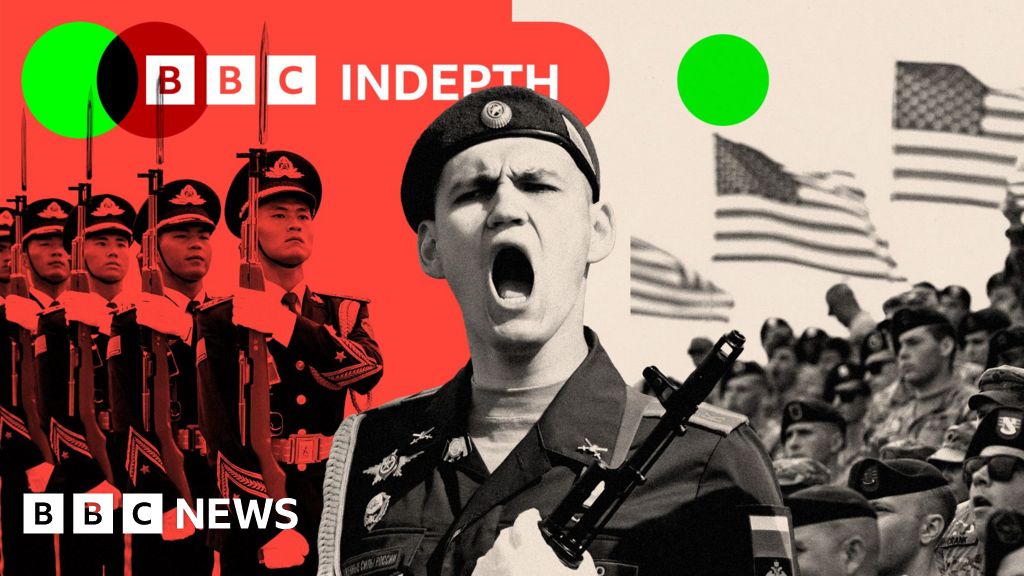

John SimpsonBBC world affairs editor
 BBC
BBCSensitive content: This article contains a graphic description of death that some readers may find upsetting
I’ve reported on more than 40 wars around the world during my career, which goes back to the…
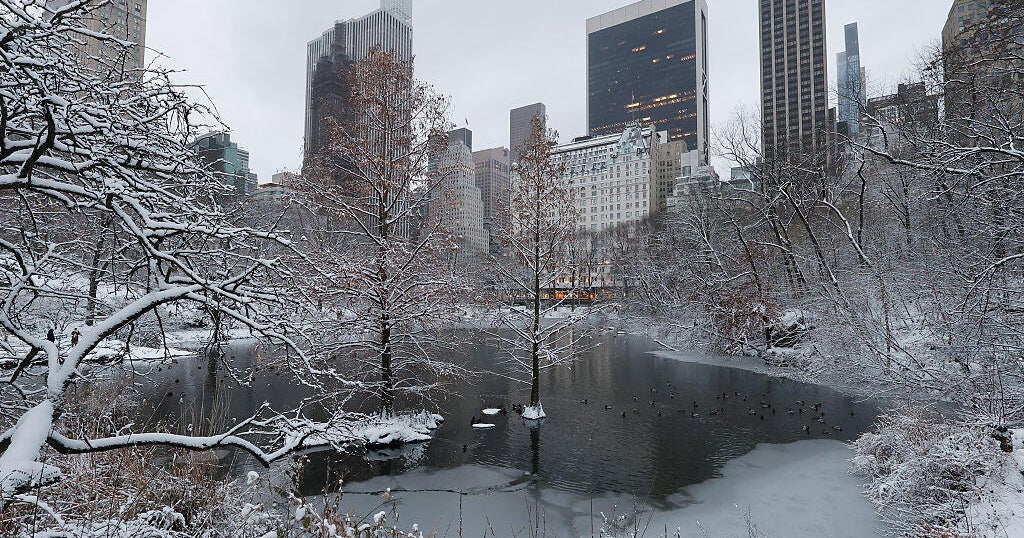
More than 3,000 flights were canceled or delayed across the United States on Sunday after a winter storm packing ice and snow slammed the Midwest and Great Lakes regions during the busy travel period between Christmas and New Year’s.
A…
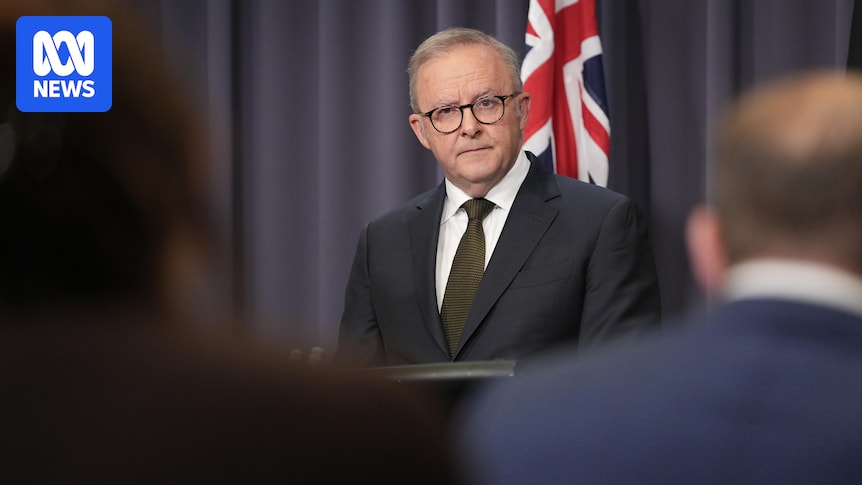
Prime Minister Anthony Albanese has announced the terms for an independent review of the Bondi Beach terror attack which claimed the lives of 15 people, including a 10-year-old child.
The review, led by Dennis Richardson AC, will review…
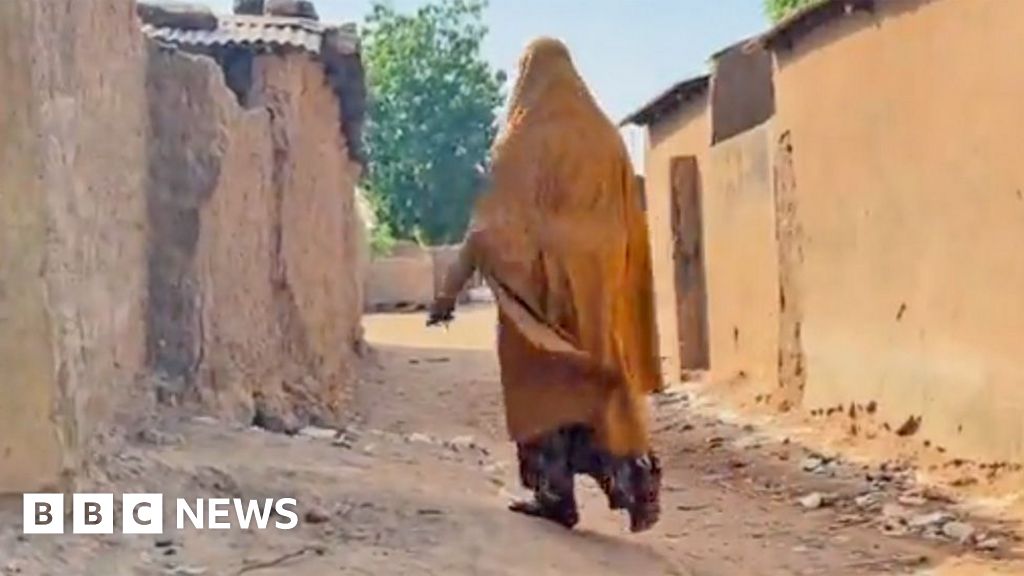
Makuochi OkaforBBC Africa
 Gift Ufuoma/BBC
Gift Ufuoma/BBCDeep fear has long pervaded the arid savannah plains and highlands of north-western Nigeria -…
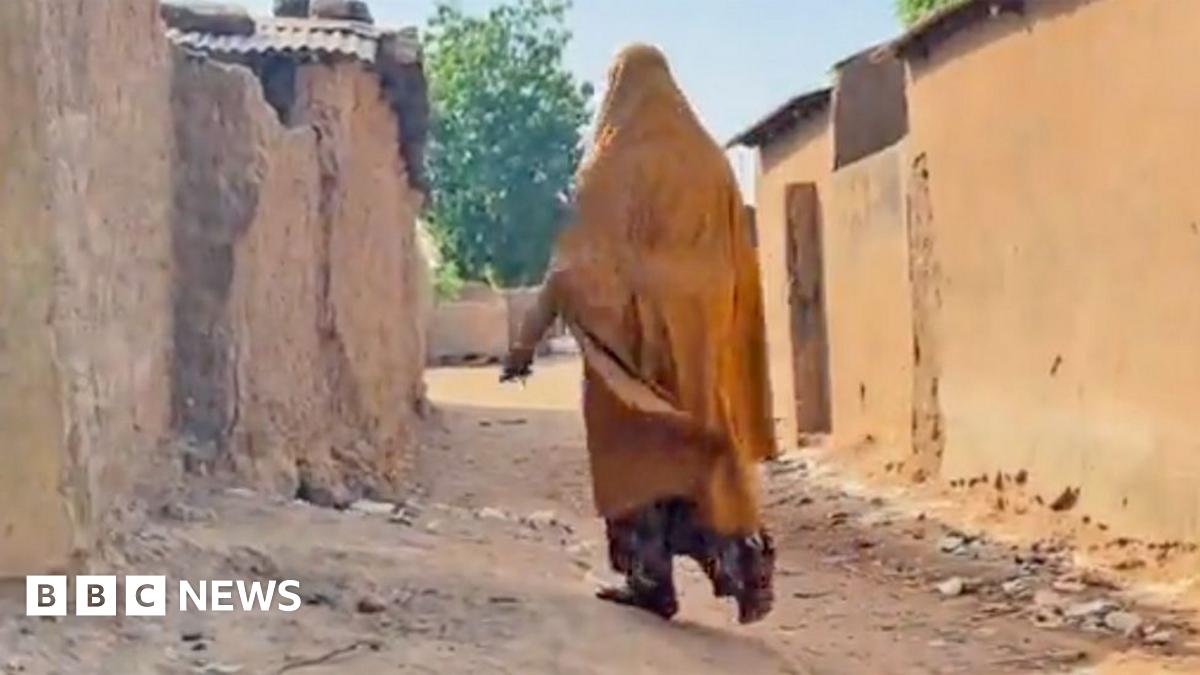
Deep fear has long pervaded the arid savannah plains and highlands of north-western Nigeria – even before the US air strikes on the Islamist militants who have made this area their base on Christmas night.
The heavily armed jihadists, who dress in…
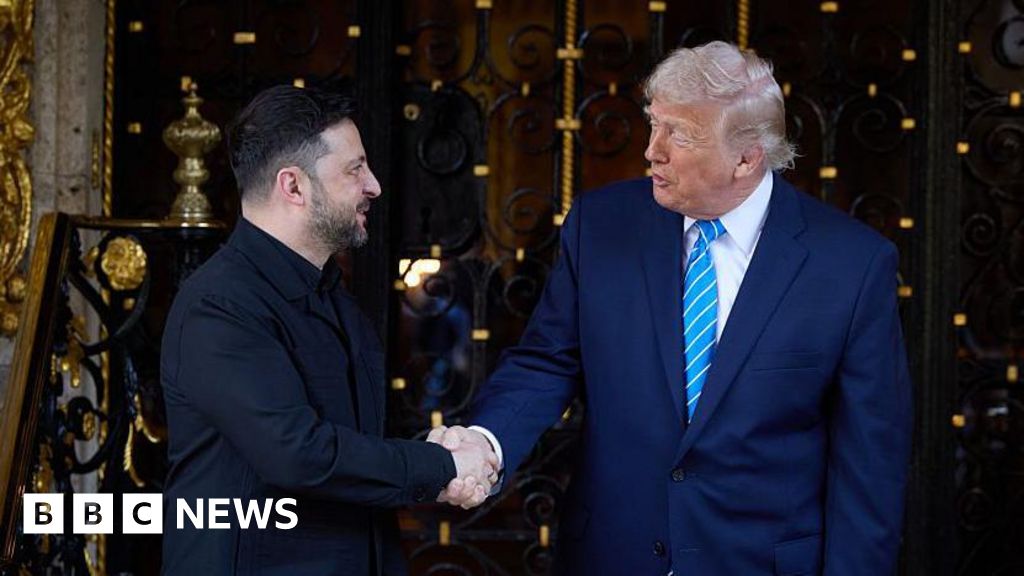
The much-anticipated talks lasted two-and-a-half hours, and that’s an achievement in itself. Presidents Trump and Zelensky had never before spent this long in one room, negotiating.
Afterwards, optimism was much on display at Mar-a-Lago. It was a…
The Iran-backed Houthis have halted their attacks on Israel since a fragile truce began in Gaza in October. File
| Photo Credit: Reuters
The…
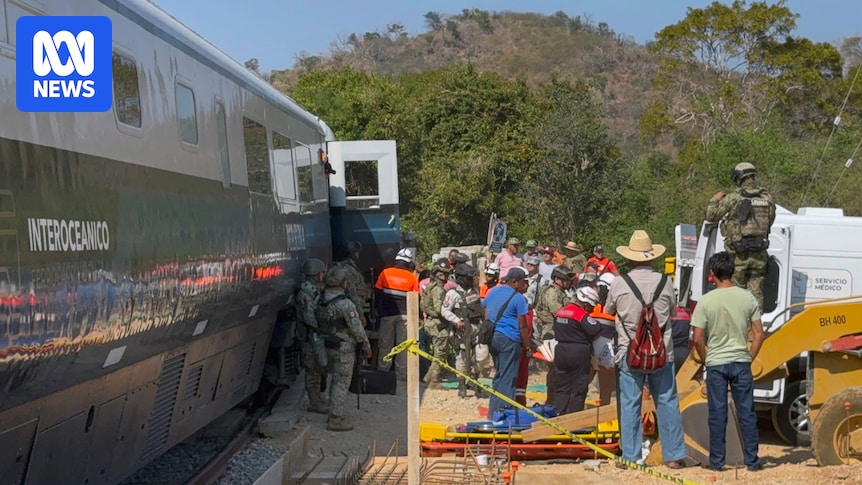
At least 13 people have been killed after a train derailed in the south of Mexico, local authorities have said.
The Mexican Navy said the train was carrying 250 people, nine of whom were crew members, when it derailed in the state of Oaxaca.
Of…